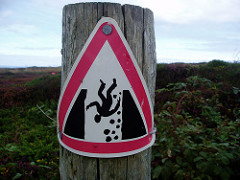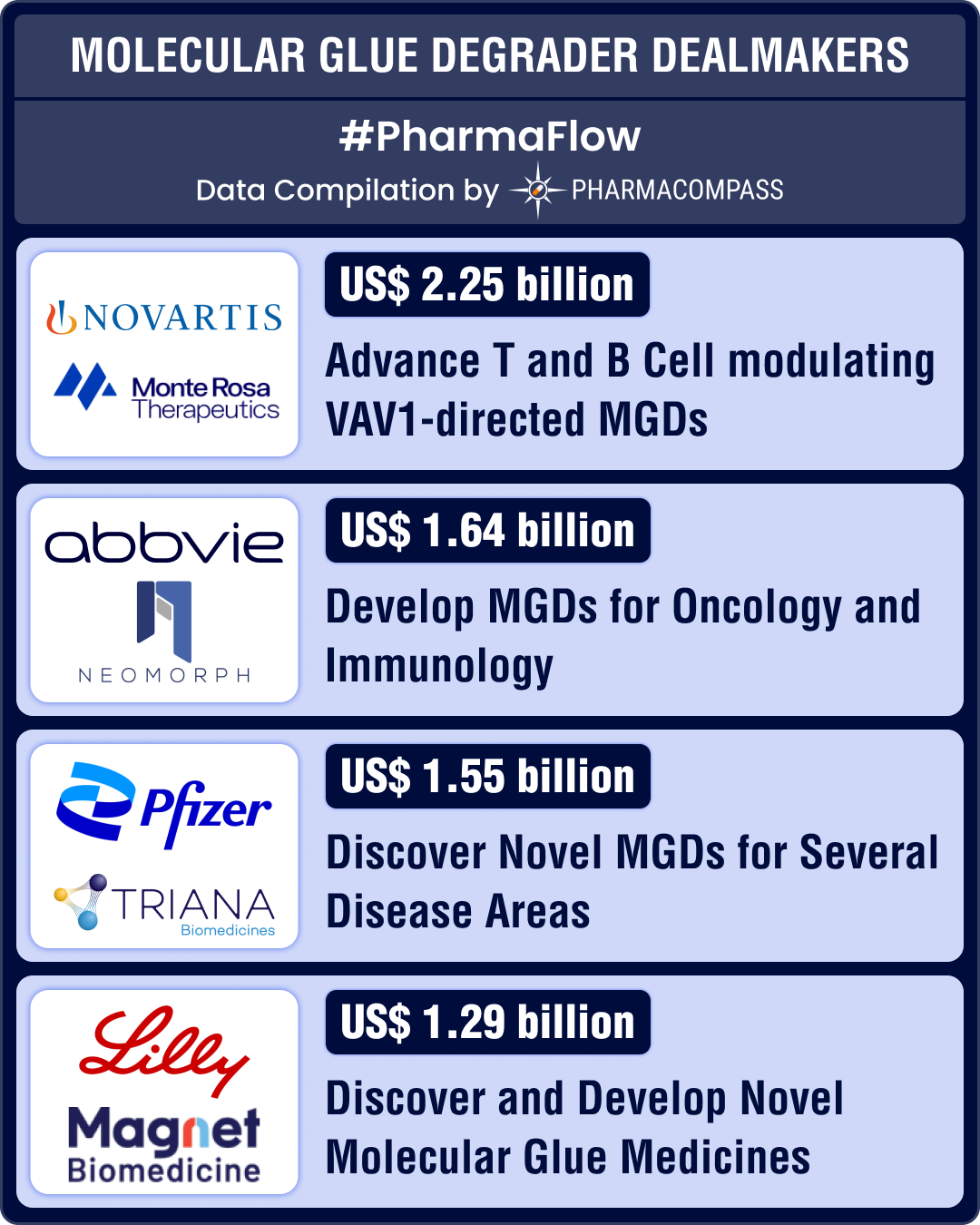
Last week, a fresh set of compliance concerns emerged out of India and China. Previously, we have seen compliance issues being uncovered in small and medium scale companies. But last week was different. The companies involved were global pharmaceutical giants – Glaxo, Novartis and Pfizer.
Peter Baker uncovers data integrity problems at Pfizer China
US Food and Drug Administration (FDA) investigator Peter Baker is known for uncovering data integrity malpractices at multiple facilities across India. Baker was one of the investigators at Pfizer’s finished dosage (FDF) manufacturing facility in Dalian (China).
During the inspection, he found malpractices (view the Form 483 issued) similar to what he had reported at various facilities across India. The common data integrity malpractices – of analyzing trial samples before actual analysis is conducted and samples being re-tested until desirable results were obtained – were found at Pfizer Dalian as well.
On the production floor, loose records were found that did not correspond to the actual manufacturing underway. In one case, a sticky note was found which stated that the materials being used were past their expiration/retest date.
When the inspectors visited the manufacturing area, loose records were seen as part of a stack of documents that was eight inches thick. However, when the FDA inspectors returned to examine the documents, the stack had been removed. When the inspectors asked for those documents, they received a pile, which was approximately one-third its original size. The remaining documents, which included the loose records, had been placed in a wooden crate in an upper floor construction/expansion area.
The list of observations at Pfizer’s Chinese facility also include the absence of proper toilet facilities. A toilet location, close to the aseptic manufacturing area, reportedly used an open pit as a urinal and lacked hand-washing facilities.
GSK’s decade old tablet discoloration issue lands it in trouble
A GlaxoSmithKline (GSK) plant in Tianjin (China) that was rocked by an explosion in August this year, received yet another setback last week when a European regulatory body suspended marketing of its drug – Zantac – across Europe for not dealing with a decade-old problem of manufacturing the drug at this facility.
Since 2005, Glaxo’s facility in Tianjin (China) had identified tablet discoloration in samples used to conduct stability studies of commonly used antacid – Zantac (ranitidine). According to the inspectors, GSK never investigated to figure out the cause of tablet discoloration, didn't properly notify authorities of the issues and didn't take steps that would make sure defective products were not sent to customers.
The UK regulatory body – Medicines and Healthcare Products Regulatory Agency (MHRA) – that conducted the inspection, recommended suspension of marketing authorizations for multiple Zantac dossiers across Europe. The plant was tagged with a certificate of non-compliance, and inspectors recommended it not be allowed to market any new drugs until it gets its issues resolved.
FDA issues warning letters to Sandoz in India
Novartis’ generic unit, Sandoz had struggled for years to put its compliance troubles behind it. In July last year, almost three years after it got issued a warning letter, Sandoz finally received its close out letter from the US FDA.
However, inspections at two Sandoz sites in India, in August 2014, have now resulted in the issuance of a fresh warning letter. While going to press, the FDA hadn’t yet posted the warning letter on its website. But during its third quarter global earnings discussion last week, the Novartis management announced that two manufacturing sites in India – Turbhe (which manufactures active pharmaceutical ingredients and FDFs) and Kalwe (which manufactures FDFs) – had received warning letters.
The observations in the warning letter, dated October 22, are related to deficiencies in current good manufacturing practice (cGMP) for finished pharmaceuticals, Sandoz said.
During its previous earnings call, Sandoz had announced the closure of the Turbhe site from where a recent product recall for chewable Cetrizine had been initiated in the United States.
Sandoz plans to exit its Turbhe operations by the end of 2016 as part of its global strategy to optimize its manufacturing footprint.
Our view
India and China have been generating a lot of bad press recently due to compliance problems. The recent news indicates that Big Pharma is equally susceptible to compliance problems in India and China.
The problems clearly indicate that the global quality standard used by large organizations such as Novartis, GSK and Pfizer, when implemented in Asia, may require a review from a cultural context (for more on this subject, read – The role of culture in GMP Compliance).
While the number of erring companies is still a tiny fraction of all the manufacturers in Asia, a cultural view on the implementation of current Good Manufacturing Practices (cGMPs) will certainly help build a more robust, global pharmaceutical supply chain.
The PharmaCompass Newsletter – Sign Up, Stay Ahead
Feedback, help us to improve. Click here
Image Credit : Hidden mineshafts by Andy Roberts is licensed under CC BY 2.0
“ The article is based on the information available in public and which the author believes to be true. The author is not disseminating any information, which the author believes or knows, is confidential or in conflict with the privacy of any person. The views expressed or information supplied through this article is mere opinion and observation of the author. The author does not intend to defame, insult or, cause loss or damage to anyone, in any manner, through this article.”






